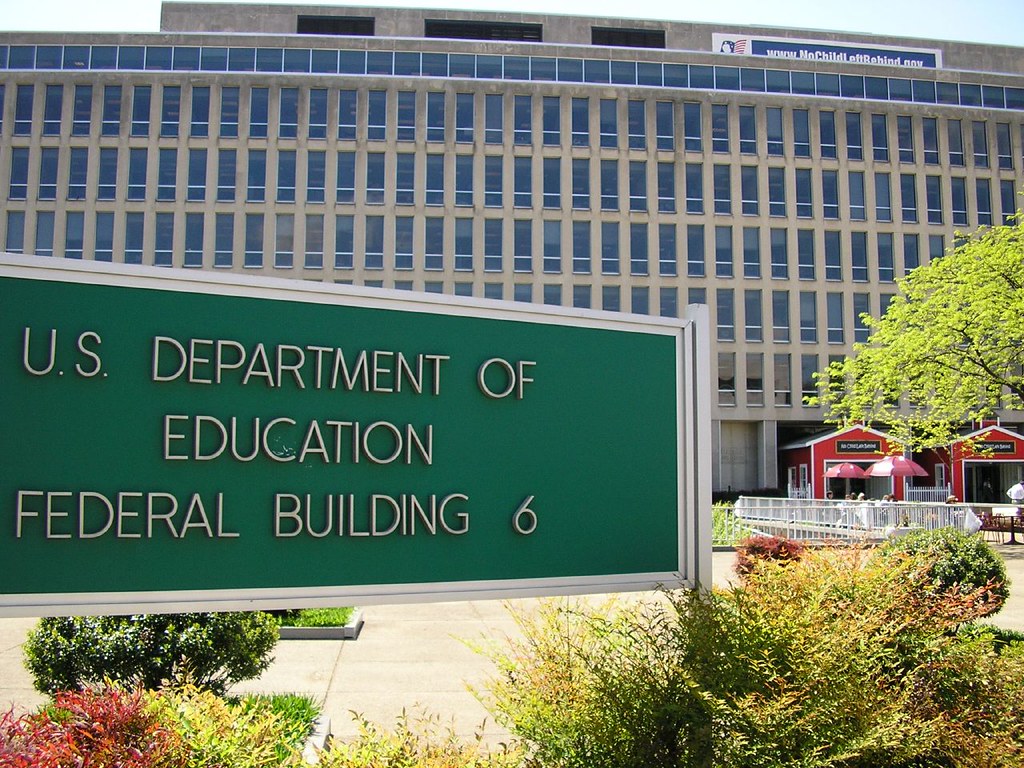Many in the Boomer generation (and a bit younger) grew up in Jewish homes where Yiddish was the language of secrets. “We never learned any Yiddish or much about the period between the Second Temple and the Holocaust,” notes “Motl” (Matthew/Mordechai) Didner.
Following graduation from New York University with a degree in theater (1995), Motl helped found the Richmond Performing Arts Collective, presenting works of original theater and modern dance far off Broadway. When he moved back to New York, a sign on a lamp post literally changed his life.
“I always felt there was sort of disconnect between the formal learning and my home-based Eastern European approach to Jewish culture,” he told JLBC. At 29, he stepped onto a bridge that began with a free Yiddish class at the Garfield Temple—Congregation Beth Elohim in Park Slope, Brooklyn. More classes followed, first at the Workmen’s Circle /Arbeter Ring—then at the YIVO Institute for Jewish Research.
In June, 2003 he found the Folksbiene, and volunteered at its annual gala. When Artistic Director Zalmen Mlotek suggested a need for greater outreach, Matthew—soon to be known as Motl—the response was immediate: “I’m your guy.” The rest, says Didner, is history.
His first project was to unify the base of the then 90-year-old National Yiddish Theater, bringing the musicians and artists whose talents resulted in a musical revue called Mama’s Loshon Kugel (A Yiddish Language Pudding) that played in theaters and halls “all over the Northeast—and as far west as Dayton, Ohio.”
After beginning his professional association with the Folksbiene as Outreach Director, Motl is now Associate Artistic Director responsible for selecting material for each season and directing plays on the “main stage” including Fyvush Finkel Live, which garnered a Drama Desk Award nomination.
“It’s important to take a fresh look at presenting Yiddish theater that incorporates the contemporary and makes you rethink about how a classic story can be told anew,” explains Motl. Since the Purim spiel is a root of Yiddish theater, a 500-year-old tradition, the Folksbiene is looking at ancient stories from the viewpoint of today. Currently, “the most important project is the Megile of Itzik Manger. It is a sort of culmination of my work in both the Yiddish world and the theater world I was in before coming to the Folksbiene.” He characterizes the work as “forward thinking, artistically avant garde—not a nostalgic production or recreation of earlier Yiddish theater.”
Establishing a theatrical idea is essential. Being able to translate the idea to the audience and securing funds to “make it happen” are significant challenges—not easy bridges to build.
“We want to make this very accessible; a way to introduce students, most of whom have no Yiddish contact in their families, to Yiddish Theater. The Megile is a way to provide a positive, formative experience with Yiddish, enhanced with English subtitles.
“It’s a familiar story. The aesthetics of the production are attractive to a young audience. The production, which uses circus art, is presented at the Baruch Performing Art Center. We’re reaching all sorts of schools, primarily Jewish day schools and Hebrew schools,” says Motl. In addition to bringing students to the show, a digital study guide is being prepared. As a preliminary to seeing the play, teaching artists will visit classrooms to prepare students for the theatrical experience.
The National Yiddish Theater-Folksbiene is almost 100 years old. This old lady of the theater is no alte bubbe [old grandmother] when it comes to modern moneymaking methodology. To fund the production and its adjunct activities, they ran an Indiegogo campaign, the web-based crowd funding resource and raised almost $7K, but more is still needed to make sure the program gets full funding. “It’s an opportunity for large numbers of people to make many small donations,” says Motl. “Because The National Yiddish Theater-Folksbiene is a 501(c)3 non-profit organization, all contributions are tax deductible,” he said. “Demonstrating that many are interested in supporting this work makes a very important statement,” says Motl, “All donations are most certainly welcome!”
To donate, please contact, development@nationalyiddishtheatre.org
By Maxine Dovere











